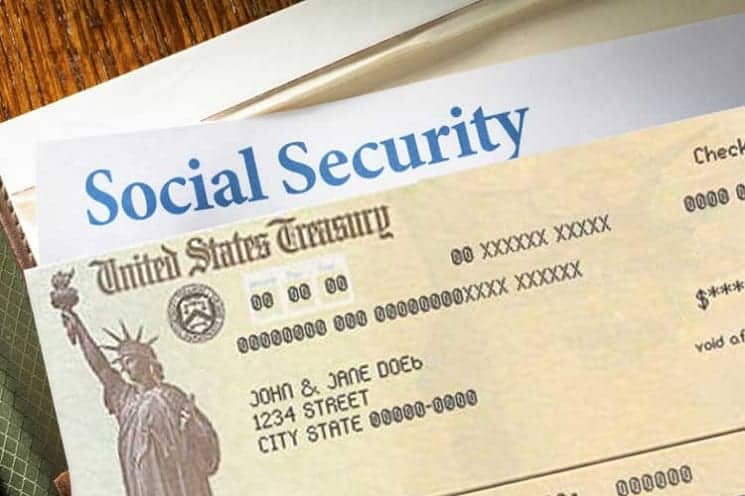As you approach the milestone of turning 65, one of the most common questions that arise is whether you need to notify Social Security about your upcoming birthday. With Medicare eligibility and Social Security benefits closely intertwined, it’s essential to understand the process and ensure a seamless transition into your retirement years.
Do I Need to Notify Social Security When I Turn 65?
The short answer is no, you do not need to notify Social Security when you turn 65. The process of enrolling in Medicare and initiating your Social Security benefits is separate and does not require you to explicitly inform the Social Security Administration (SSA) about your 65th birthday.
However, there are specific steps you need to take to ensure you receive your benefits on time and without any unnecessary delays or penalties.
Enrolling in Medicare
While you don’t need to notify Social Security about your 65th birthday, you do need to enroll in Medicare during your Initial Enrollment Period (IEP). The IEP is a seven-month window that begins three months before the month you turn 65 and ends three months after your birthday month.
During this period, you can enroll in Medicare Part A (Hospital Insurance) and Part B (Medical Insurance). If you’re already receiving Social Security benefits at least four months before your 65th birthday, you’ll be automatically enrolled in Medicare Parts A and B, and your premiums will be deducted from your Social Security payments.
If you’re not receiving Social Security benefits yet, you’ll need to actively enroll in Medicare during your IEP to avoid potential late enrollment penalties.
Applying for Social Security Benefits
Unlike Medicare enrollment, you do need to take action to start receiving your Social Security retirement benefits. You can apply for Social Security benefits up to four months before you want your benefits to start.
The earliest age you can claim Social Security retirement benefits is 62, but the full retirement age (when you’re eligible for 100% of your benefits) is 67 for those born in 1960 or later. You can choose to start receiving benefits at age 62 with a reduced payout, or you can delay past your full retirement age to receive increased benefits.
To apply for Social Security benefits, you can:
- Visit your local Social Security office
- Call the SSA at 1-800-772-1213 (TTY 1-800-325-0778)
- Apply online at www.ssa.gov
It’s important to note that you don’t need to be enrolled in Medicare to start receiving your Social Security benefits, and vice versa. The two programs are separate, and you can enroll in one without the other, depending on your specific circumstances.
Key Considerations
While you don’t need to notify Social Security when you turn 65, there are a few key considerations to keep in mind:
-
Employer Coverage: If you or your spouse is still working and covered by an employer-sponsored health plan, you may be able to delay enrolling in Medicare Part B without facing late enrollment penalties. Consult with your employer’s benefits administrator to understand your options.
-
Missed Enrollment Periods: If you miss your Initial Enrollment Period for Medicare, you may face late enrollment penalties unless you qualify for a Special Enrollment Period (SEP). SEPs are granted in certain situations, such as losing employer-sponsored coverage or moving out of your Medicare Advantage plan’s service area.
-
Coordination of Benefits: If you plan to continue working after age 65 and have employer-sponsored health coverage, you’ll need to understand how your benefits coordinate with Medicare to avoid any coverage gaps or unnecessary expenses.
By understanding the process and taking the necessary steps at the appropriate times, you can ensure a smooth transition into your retirement years, with access to both Medicare and Social Security benefits when you need them.

